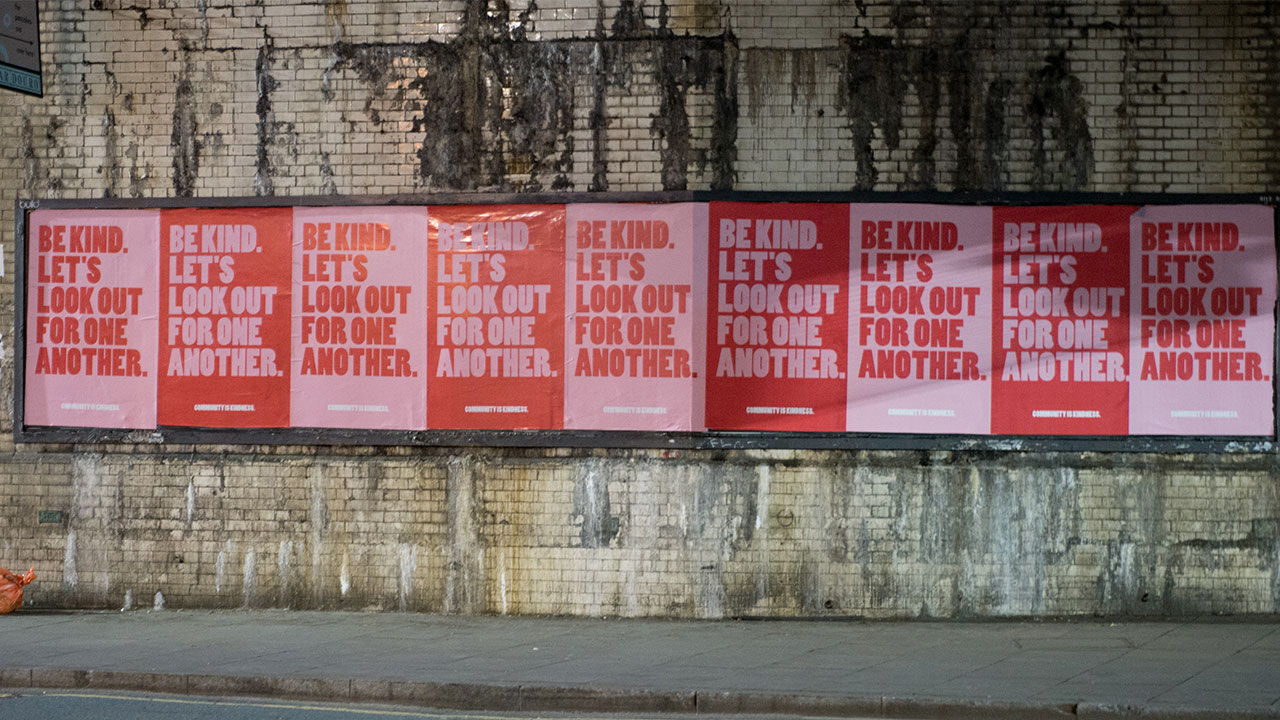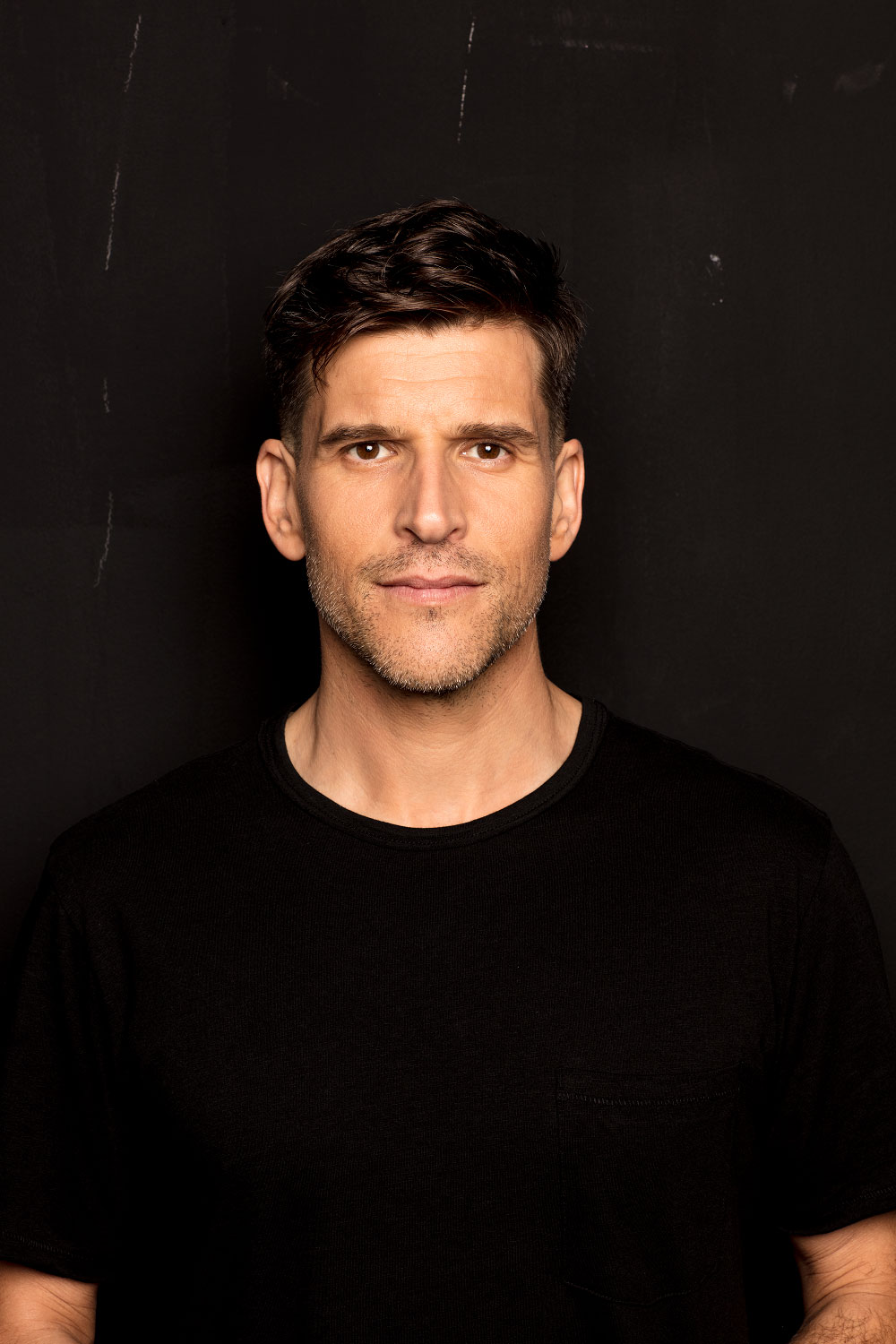Everything

According to a report by the Black Dog Institute, one in five Australians aged between 16 and 85 experience a mental health illness in any year. What is more alarming is that 54 percent of people with mental illness do not access any treatment. Despite being a relatively new report, the figures were taken from government analysis dating back as far as 2007 and more recently of 2013. In that time, Australians have experienced drought, fire, flood and a new global threat – COVID 19. To imagine the affects of the past two years on people now, would most likely see those numbers soar, but unlike, say, five years ago, speaking on mental health is no longer considered overtly taboo. Furthermore, the stigmas surrounding the topic are slowly but surely breaking as more and more of the population experience the very real mental burden for themselves.
My first experience of mental health was not for me, but a close relative who succumbed to clinical depression and anorexia. And then again with another relative, and with community members who had sadly taken their lives – many, just teenagers. As I navigated my own coming-of-age, around me were these cases of illness – something you could not see nor touch, but something you experienced with such overwhelming emotion. Yet, for those who were disconnected from the patients, it was sorely misunderstood. And I could not understand why this invisible epidemic of its own was not presented by the media.

Osher Günsberg, a well-known Australian television and radio presenter as well as the host of the Better Than Yesterday podcast, was one of the first media personalities to be so open on his own struggles with mental health. Thus, thrusting the conversation into the mainstream sphere. Whilst the 46-year-old has appeared in the public eye for several decades, his regular podcast show – which now boasts over 300 episodes – has become the source and understanding of not only the people he speaks with but his own views on the world. Alongside the likes of Courtney Act, Jamie Simmonds and Iain Walker, his own wife Audrey Griffen graced the sound waves on Episode 250, where she is credited as saving the life of her husband in 2018. Now, Günsberg hopes to not only share his story but to share how anyone can tackle mental health.
“Everybody has a very interesting story. You only have to ask a couple of questions to find that everyone around you has something absolutely fascinating to talk about,” Günsberg explained to ICON, before taking a more serious note. “What’s a healthy conversation for example, around mental health that we can have? What’s a conversation that we can have about maintaining your mental health?
“You’re putting an example of how something could be better – that is where the name of the show came from.”
In a press conference with Australian Prime Minister Scott Morrison on April 29, the chief executive of the National Mental Health Commission, Christine Morgan, told reporters that Beyond Blue had seen a 40 percent increase in contact being made. “What we are seeing with respect to those calls is an increase in the distress level and an increase in the anxiety levels and in the complexity of what people are feeling,” she revealed. The Prime Minister added that in addition, “One million telehealth mental health consultations have taken place since mid-March and some $35 million specifically in mental health-related consultations have been conducted over that period of time…”
Though the current results are not unexpected, it paints a dire picture on what has been occurring behind closed doors and in the shadows of the public health system for some 20 years. Only now, is it widely being spoken about. No one is immune to COVID-19 and in-hand no one is immune to the side effects it has inflicted. As the population worries about the health of family and friends, the economy and the future of Australia, Günsberg is urging the community to slow down, take a step back and find the positives in an otherwise uncertain period. The situation is rapidly evolving as each day presses on, however it has spotlighted loopholes and problems within our society that has an opportunity to mend.
“We have an opportunity as a society to really address this,” he tells ICON. “To see how we’re living our lives and what we’re consuming and how we’re empowering lives. And say, ‘Wait a second, we have a chance like never before in history to rebuild this differently.’ Why don’t we try and do it in the most humane way possible? That is the opportunity we have right now. Even though it is weird and uncertain, it’s actually an incredible opportunity.
Günsberg continues, “I’m happy to see how much mental health has been spoken about but ultimately, we’re coming to accept there is a great overarching societal burden on the effect of mental illness – as there is with physical health – upon all of us. If someone is mentally healthy, then the outcome for them, their family, their work, community, is far, far better.”
Similarly, domestic violence has been thrust back into government conversation. In a report from the Australian Bureau Statistics, one woman a week is murdered by her current or former partner and one in four women have experienced emotional abuse by a current or former partner since the age of 15. Again, these figures have not been updated since 2017 but following countries such as China, domestic violence has been on the rise as stay at home orders continue, essentially locking women (and in some cases, men) in with their abusers. It may be less prevalent, however as Günsberg so eloquently puts it, “If it affects one person in that community, then it affects all of us.”
“Is it imperative that in our community, we really look and see that these men need a large amount of help? Absolutely,” the 46-year-old declares. “Though they may not be my family, their kid could go to school with my kid or your kid… It affects every single one of us. You can’t think that domestic violence is something that doesn’t affect me.”
In turn of COVID-19, we have been tasked with a mission and whilst we cannot control government policies and public health decisions, we can check in on one another and have honest conversations surrounding topics such as mental health and domestic violence. As previously mentioned, Günsberg credits his life with wife Audrey, and according to the television presenter it comes down to discussing strategies to navigate trying times with partners and members of the household.
“I was really lucky in that, Audrey was able to see me and my sick brain as two separate things,” Günsberg slows his response. “If you have someone in your life that is having a bad day with depression or anxiety, it’s not them. It is nothing personal and it’s not going to be like that forever. No mental state is a permanent state. It’s good to discuss strategies when your partner has a good day. You can talk to them and ask if there is anything you can say to them or do when you’re like [that].”
And how can we, ourselves manage our own mental health?
“No one knows what the hell is going to happen, but that’s okay and it’s a normal feeling. What can I control? How much I eat, how much I sleep, how much I exercise and how I treat other people.”
If you need urgent assistance, please contact Lifeline immediately. To listen to more from Osher Günsberg, visit his podcast here.